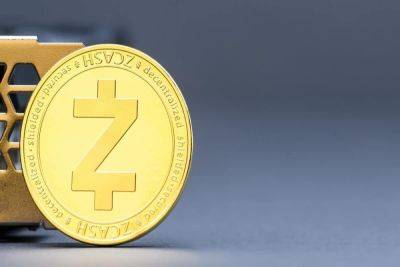DeFi Users Seek Clarity as Australia’s Tax Office Fails to Explain New Capital Gains Tax Rules
The Australian Taxation Office (ATO) released new guidance on November 9, stating that capital gains tax (CGT) applies to certain decentralized finance (DeFi) transactions. The tax agency has failed to clarify key aspects of these rules, however, leaving Australian crypto investors confused about how to comply.
The guidance said CGT is payable when transferring tokens to smart contracts or addresses not owned by the user. This includes activities like staking, lending, and wrapping tokens.
The ATO did not confirm whether everyday DeFi activities like liquid staking Ether through Lido or transferring funds via layer-2 bridges incur CGT, despite direct questions from industry members.
If CGT does apply to such transactions, it would mean investors owe tax on “profits” even if they haven’t sold their crypto or realized any actual gains. For example, an Australian who bought Ether for $100 and later sent it via a bridge when the price was $1000, would owe tax on $900 of “profit” despite still owning the ETH.
ATO simply stated that tax consequences depend on the “steps taken on the platform” and users’ specific circumstances, leaving DeFi users unsure of how to abide by the unclear new rules.
Industry leaders argue this aggressive approach shows the tax agency’s lack of understanding of the nuances of DeFi protocols.
The way the ATO rules on wrapped tokens read, it also looks like bridging ETH to a L2 is a CGT event.
In fact, the way most bridges work…every cross-chain bridge could be considered a CGT event.
You think you're HODLing and transferring. The ATO thinks you're disposing and…
— Crypto Tax Made Easy (@CryptoTaxSucks) November 17, 2023
“I think they don’t have enough of an understanding about the nature of what these
Read more on cryptonews.com




















